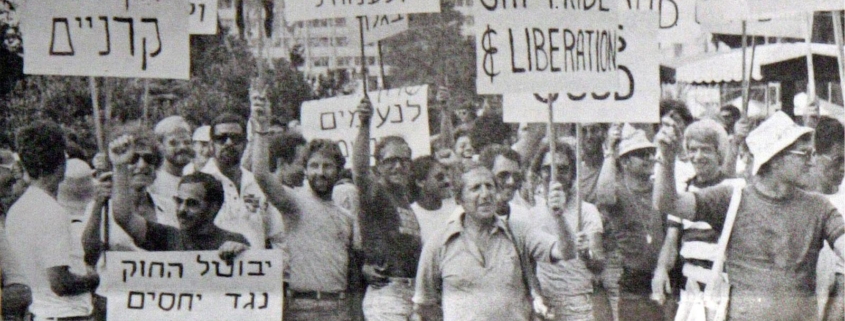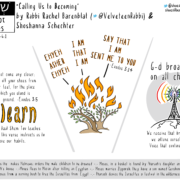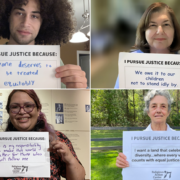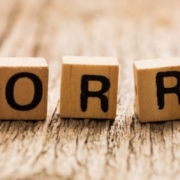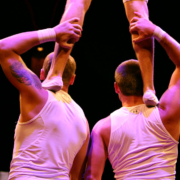Coming out against hate for Shavuot
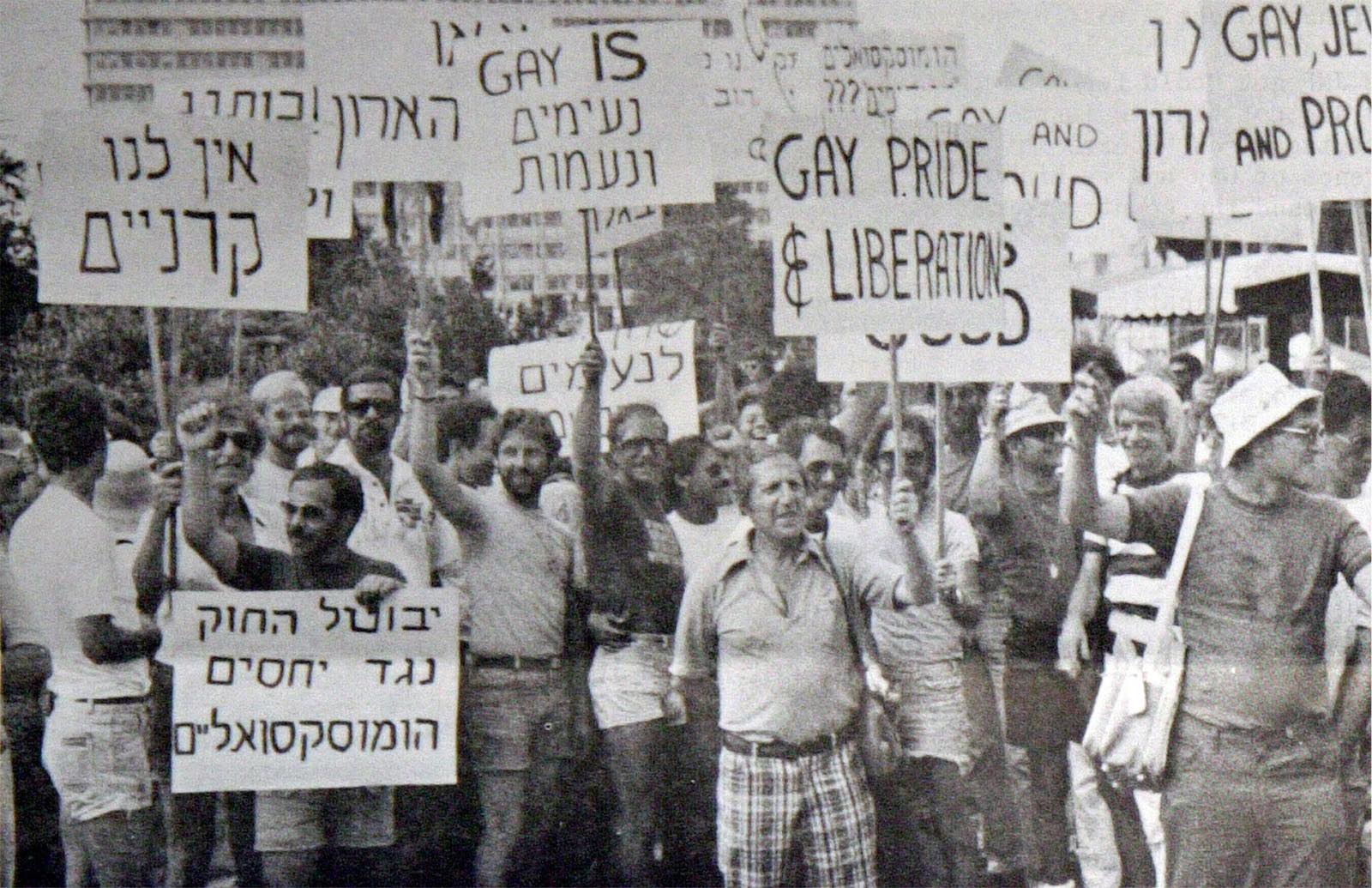
This weekend we celebrate, with pride, G-d’s “coming out” speech – the Divine Revelation at Mt. Sinai. Our need to be seen and understood for who we are draws from that very highest of the High Truths of sacred tradition.
The Jewish community and LGBTQ+ community share long experiences of being closeted, forced — in different ways — to choose between being unsafe or hiding the fullness of who we are. Walking in the world as someone recognizably Jewish or LGBTQ+ has often meant being subject to hate, discrimination and attack.
For centuries Jewish life and perhaps all spiritual life was built with closets. As we felt the need to hide the fullness of our truest selves, we built in society and religion closets out of fear.
But that’s not the Judaism (or the world) that we are called to build. We’re called to build a world that reflects and uplifts the many diversities of G-d’s splendor, the many colors of the rainbow refracting G-d’s infinite light.
To build that world, first we must stop fooling ourselves about how much work still lies ahead, or who must do it. Many who grew up in America over the last 50 years believed that anti-Semitism had become far more an historical relic than a modern reality. Many LGBTQ+ people and allies, especially over the last decade, believed that progress was flourishing: legal protections were expanding rapidly, and civic leaders increasingly took our safety and health seriously.
But Dr. Martin Luther King’s prophetic vision of an ever more just and inclusive world — while ultimately true on G-d’s time — isn’t automatically true on human time. The arc of the moral universe doesn’t necessarily bend toward justice unless we build it that way.
Today, societal forces are mounting to undo the progress of the last decades — targeting houses of worship, inciting fear and hate, shoving whole communities back into closets that we thought we were well on our way to dismantling.
The good news is that we’re not alone, we’re not building alone and, as always, we’re far stronger together than any of us ever could be on our own. Advancements against anti-Semitism and homophobia always have been incremental and cooperative: they happen slowly, and they require the collaboration of many hands on the “build team” of a futre worthy of everyone.
It’s easy to focus on building that better world “for us” — forgetting that the only way truly to build that better world is to build it for all. How many cisgender white gays and lesbians celebrated when marriage equality became a reality, but went absent from ongoing activism for their trans siblings? How many progressive Jews felt that anti-Semitism had vanished from their lives, not noticing that our visibly-Jewish Orthodox siblings faced continued attacks? How many white Jews were absent from activism on behalf of Jews of color? It goes on and on.
Real progress means expanding beyond our own communities and specific interests. The fact that we may not yet have experienced certain vulnerabilities and inequalities does not mean that we are protected from them. The privileges that shield us today can easily slip away in the future. But as history keeps teaching, if we don’t stand up for others, there won’t be anyone left to stand up for us.
This ongoing work is both external and internal. We need to build outward and advocate for others (for instance, straight and cisgender allies must advocate for the LGBTQ+ community, and non-Jewish allies must stand up for the Jewish community). At the same time, we must build inward and strengthen connections internal to our communities as well.
Now 50 years since Stonewall, this work is far from complete. To paraphrase the charge given at b’nei mitzvah celebrations: this must not be the end of our activism, but the beginning. In the words of our sages, even if it’s it not our job to “complete” this work (it’s never “complete”), neither are we free to refrain from it.
This year’s Pride Month coincides with Shavuot, the end of Judaism’s seven-week cycle of counting the Omer, moving from the story of Passover to the receiving of Torah. Over these 49 days, we followed the example of the Children of Israel in the desert, working to transform ourselves from a newly freed mixed multitude into a unified humanity able to stand together at Sinai and receive the highest Torah. During this time, we reaffirm our spiritual duty to ensure that all are protected and safe, so that we all can stand together.
The reason is core to Jewish spiritual life. Tradition teaches that we received the Torah only as a unified community, with each and every person equally invited, present and welcomed. The completeness of Torah depended on the wholeness of community. Just as a Torah with even one letter missing cannot ever be true Torah, so too a community with even one person excluded or dehumanized cannot ever be true holy community.
In that spirit, there are real spiritual consequences if anyone feels pressured much less forced to conceal who they truly are out of fear of not being fully accepted. We learn that it is un-Jewish and un-holy, by definition, to exclude in those ways — as equally unacceptable as dropping letters from Torah itself.
In that same spirit, the Revelation at Sinai was a true divine “coming out” to the world. What little our enslaved ancestors knew of G-d was in their liberation from bondage, but now G-d would reveal G-d’s Self. G-d’s “I” narrative of introduction at Sinai (Exodus 20:1-2) reminds that there is but one G-d, in whose image we all are created. To discriminate against a person for just being is to discriminate against the source of all being.
On Shavuot, we remember the moment when G-d said, “This is who I Am.” G-d’s identity needs no affirmation, but G-d still gave humanity the opportunity to say, “Yes, we see You, and we will call You by the names You teach us.” G-d modeled coming out, and G-d modeled how we should treat everyone.
This Shavuot and this Pride Month, may we all continue the work and blessing of that ongoing Revelation – fully seeing each other, being completely present for each other, ensuring that no one ever is pressured to hide. That’s how we’ll build a future without closets of fear, a future truly for everyone.
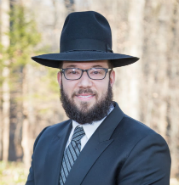
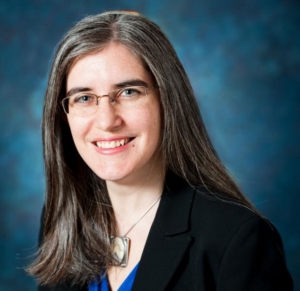
By Rabbi Mike Moskowitz and Rabbi Marisa James.

